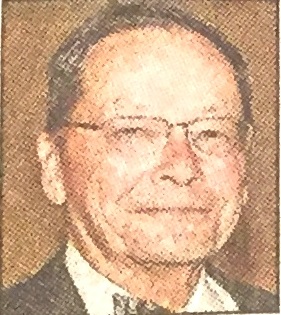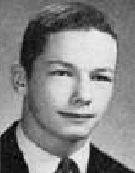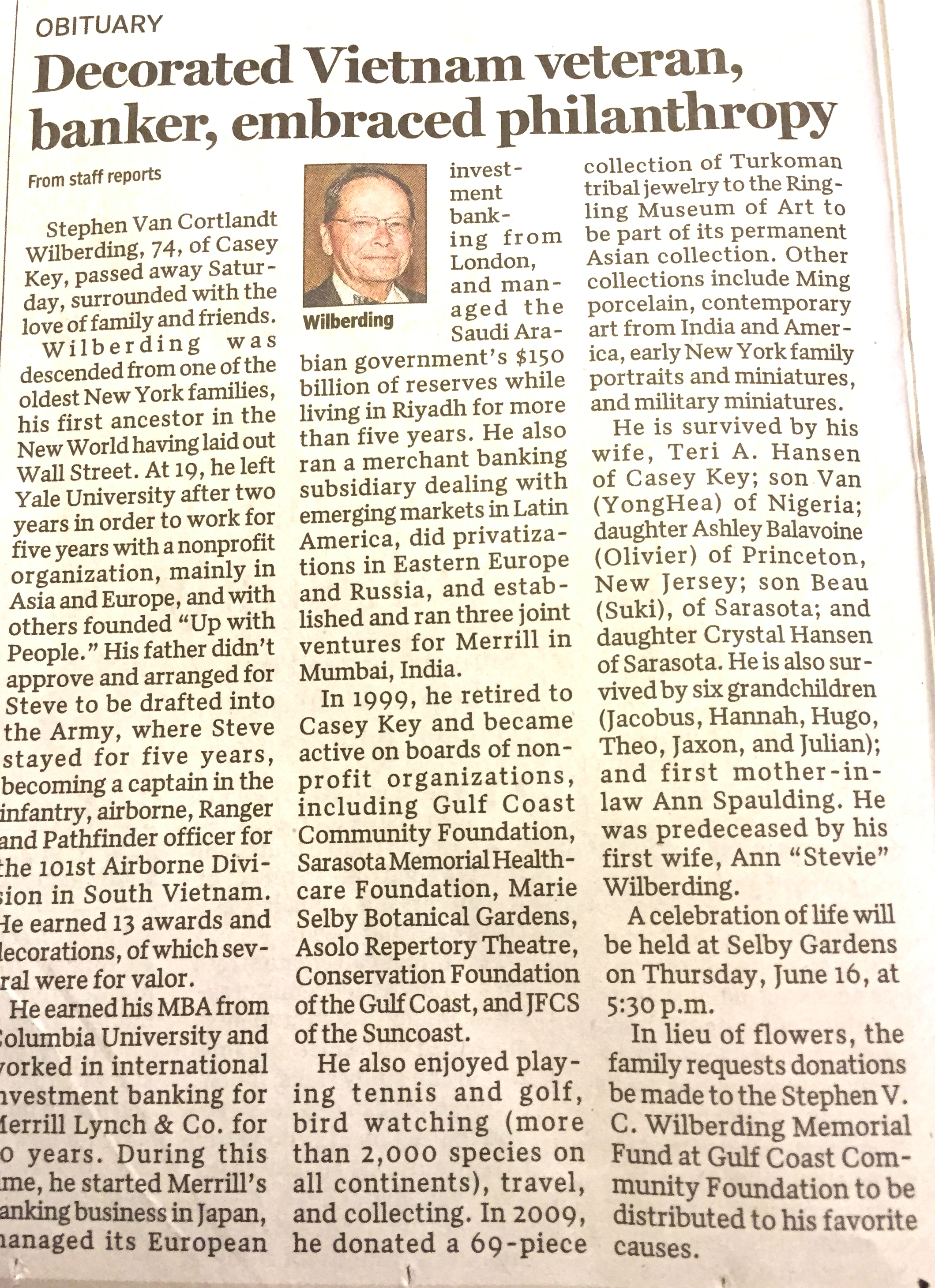In Memoriam
Stephen Van C. Wilberding

Steve WIlberding

Steve Wilberding
1963 graduation
update in process

Remembrance from Ian Robertson:
Steve Wilberding
Was
Our
“Least” (but not last) guard
He was two inches taller than Truebs
But at 5’ 10”
163
Steve gave away 22 pounds to Truebs
According to our Brown Game roster
Only fullback Charles Blair, 5’ 11” 160
Weighed less than Steve
Of course we all know that
Horse at 6’ 1” weighed 155
But Horse played “tight” end so they listed him at 170
At the memorial service for our “best” friend Peter Dominick,
Steve told me:
“I loved football but I was out “Manned”
My competition at guard consisted of
Dietrich & Kay & Kiernan & Huffard & Truebner & Hellar
And
Joe Wikler who at 6’ 190 was all world at Horace Mann.
So as soon as we got our Bowl tickets I voted for self-preservation
…
With my feet!”
But
Steve was not faint of heart
He left Yale after two years
Worked in Africa
Then
Became a Ranger, Pathfinder and Captain in the 101st Airborne
He was awarded 13 medals, several for valor
After Vietnam he went to work for Jerry Kenney at Merrill Lynch
Little known fact(s):
While at Merrill, Jerry was responsible for giving
The Pope
His
Allowance
Similarly,
While at Merrill, Steve was responsible for giving
The Saudi Royal Family
Their
Allowance
Steve was a brilliant, brave and exemplary man
I am proud to be able to call him
Teammate
Classmate
And
Friend
Aloha
Steve
Remembrance from Jerry Kenney...
I first remember Steve as a quiet, reserved classmate in Saybrook, but later learned that he had far more grit and determination with a deep pioneering spirit than I was previously aware. Steve descended from the Van Courtland /Wilberding families, one of the earliest patron family settlers in the Netherlands’ New Amsterdam (Manhattan).
As Ian Robertson previously reported, Steve left Yale after his sophomore year and became a much decorated Ranger and Captain in the 101st Airborne. After returning to complete his Yale degree, Steve attended Columbia Business School, graduating 1st in his class.
I reengaged with Steve when I assumed responsibility for building Merrill Lynch’s investment banking and capital markets business globally in the late 70’s. We won an unusual asignment at the time from Saudi Arabia to develop for them a sovereign wealth fund, funded by rising oil revenues to finance the growth and diversification of the Saudi economy. The stipulation was that the Merrill team would have to live year round in Riyadh, SA and train local Saudis to eventually replace them. Steve was dispatched to manage the operation under the leadership of future Under Sec’y of the Treasury, David Mulford. This operation, now known as SAMA, was enormously successful and became the largest SWF. Several years later, we pressured Japan to open its capital markets to foreigners to support Japan’s rapid international expansion. We succeeded, becoming the first foreign dealer and Tokyo Stock Exchange member. Steve then became one of the first managers of our Japan business, which we built up rapidly to accommodate the surge in Japanese markets and Japanese business ambitions abroad. In 1984, Merrill then purchased a controlling stake in the largest Indian investment bank, DSP which became DSP Merrill Lynch. Steve was appointed President of DSPMerrll Lynch and oversaw the rapid build-out of our local presence and global leadership in Indian financings.
In the ‘90’s, Merrill’s new frontier was in Eastern Europe following the breakup of the USSR. These fledgling markets were new to capitalism and developed slowly, but Steve, who was assigned to lead this effort, devoted considerable time, as usual, understanding the local history and culture of the countries he served. Steve was aided in this effort by his wife, Stevie and they became effective partners in learning local customs and befriending domestic professionals.. They were both a positive force in Merrill becoming a leading local player in international markets. Despite his accomplishments, Steve was always self-effacing and generous in crediting his colleagues for their collective successes. Following the tragic World Trade Center explosions (9/11/01), the evacuation of Merrill’s headquarters and turmoil which followed, Steve left Merrill and I lost track of him. He was an incredible source of cultural history and knowledge , a superb professional, a fine person and a reliable friend whom I will miss.

